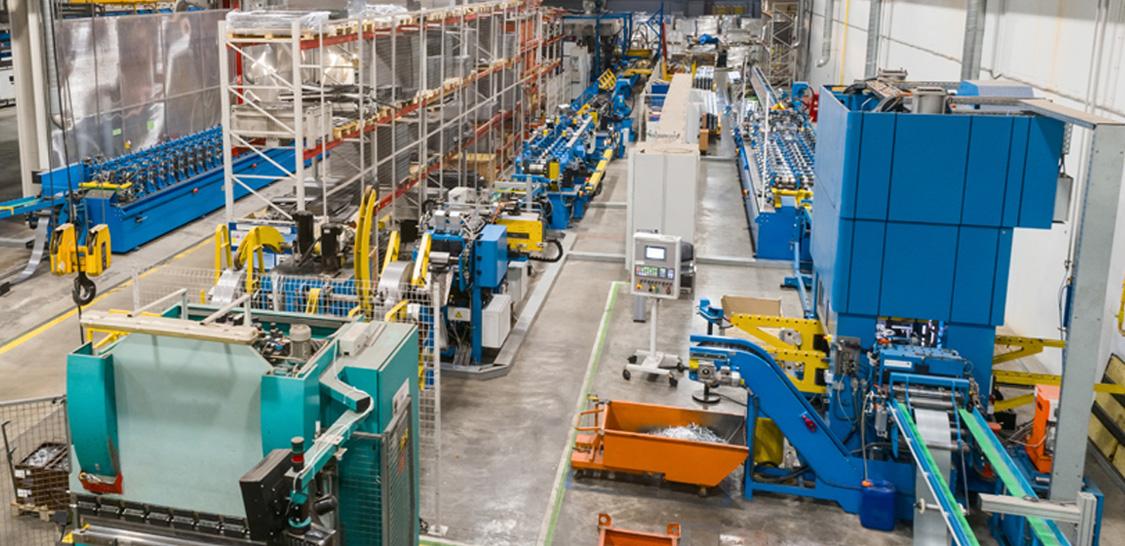Regardless of how accurate forecasts are on the timing of another recession, we all know slowdowns happen as part of the normal business cycle. How manufacturing and distribution companies prepare for a market downturn and take advantage of the subsequent boom really comes down to how well they execute. Whether times are good, bad or somewhere in between, manufacturers can gain a competitive advantage by adopting a focus on execution. Companies aligned around strategic objectives with a high expectations for outcomes will be better positioned to weather downturns, take advantage of economic upswings and make solid performance their default mode.
Now that we’ve stressed the importance of execution, where should owners and executives start? Let’s take a look at four areas where improved execution can produce tangible results and help strengthen your company over the long run.
- Manageable Metrics and Reliable Reporting
Despite its buzzword status in leadership circles, execution is a critical component of business success with clear benefits. Manufacturers that effectively execute in the areas of technology, processes and people see direct positive impact in results with little to no expansion of resources. The key starting point to successful execution over the long-term is measurement and management. Creating a cohesive suite of key performance indicators and producing reliable and routine reporting on progress toward these goals lets manufacturing owners and executives make better decisions, respond faster and successfully drive profitable growth. - Effective Deployment of Technology
Technology can help manufacturers execute better through increased efficiency, speed and quality. Companies may find software selection and implementation daunting, but technology is a critical component of success in today’s globally intertwined economy. Whether you’re interested in a warehouse management system, in need of a full-fledged enterprise resource planning (ERP) system or ready to explore the possibilities of other automation, simply adding technology is not enough. To avoid becoming a cautionary tale of implementation failure, manufacturers must evaluate and decide on new technologies in a thoughtful and strategic manner that supports and advances overall business goals and objectives. - Strategic Supply Chain Management
Supply chains are not only one of the most critical processes to manage, they are also more complex than ever and rife with challenges. Many companies are looking to improve inventory management, material flow, velocity and vendor relationships. Beneath these challenges, however, is hidden potential to generate sensational returns. All it takes is a little execution. Incorporating Lean concepts into inventory management can help improve cash flow and redirect resources from managing large inventories to a focus on throughput and order fulfillment. As with all operational improvements, it is critical to establish key performance indicators to monitor inventory age, days on hand, turns and work-in-progress throughout the supply chain.Improving vendor relationships will also help create a more flexible and agile operation. Vendors are partners in inventory management and should be treated as such. Moving these relationships from transactional to strategic with a focus on problem-solving, communication and trust will help manufacturers become more flexible and agile in their inventory management. - Proactive Workforce Retention and Development
Workforce is the biggest concern of manufacturers and distributors today. Unemployment rates hovering at historic lows pose a challenge for companies searching for new employees. For manufacturers, this challenge is compounded by growing divides in the age and skillsets of available personnel. According to recent projections, 50 percent of the workforce will be made up of millennials within the next year.This talent shortage and generational shift requires changes to how companies approach and execute on their recruiting strategies and management practices. Fortunately, programs like Manufacturing Day and relationships with local schools and training programs help generate interest in the industry with younger generations and address gaps in the talent pipeline. Manufacturers should proactively engage as much as possible with these programs as part of their proactive approach to attracting and retaining a skilled workforce.A strong predictor of retention is employee accountability and engagement. Motivated employees, millennial or otherwise, want to know how they contribute and fit into the overall company strategy. Providing employees with real-time metrics allows employees and work teams to self-manage and proactively problem solve, resulting in the dual benefit of engagement and improved business results.
Throughout inevitable economic fluctuations, these fundamental approaches to technology, processes and people can strengthen execution overall and make the good times better and the bad times more manageable.
Manufacturers: Are you executing to the fullest extent? Contact us for an operations assessment and discussion around the benefits of customized improvement projects.




